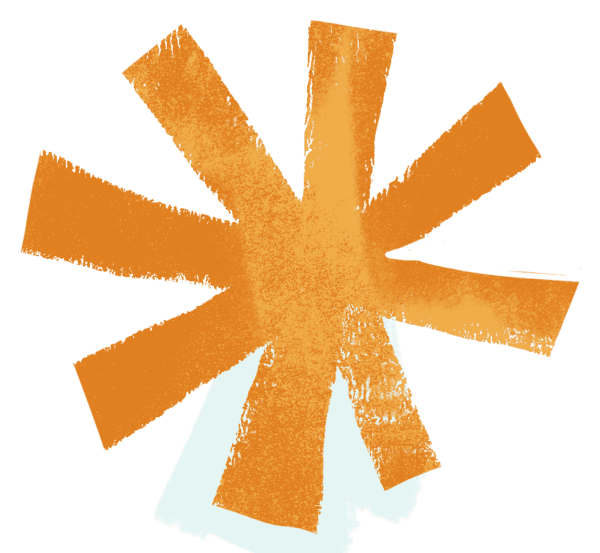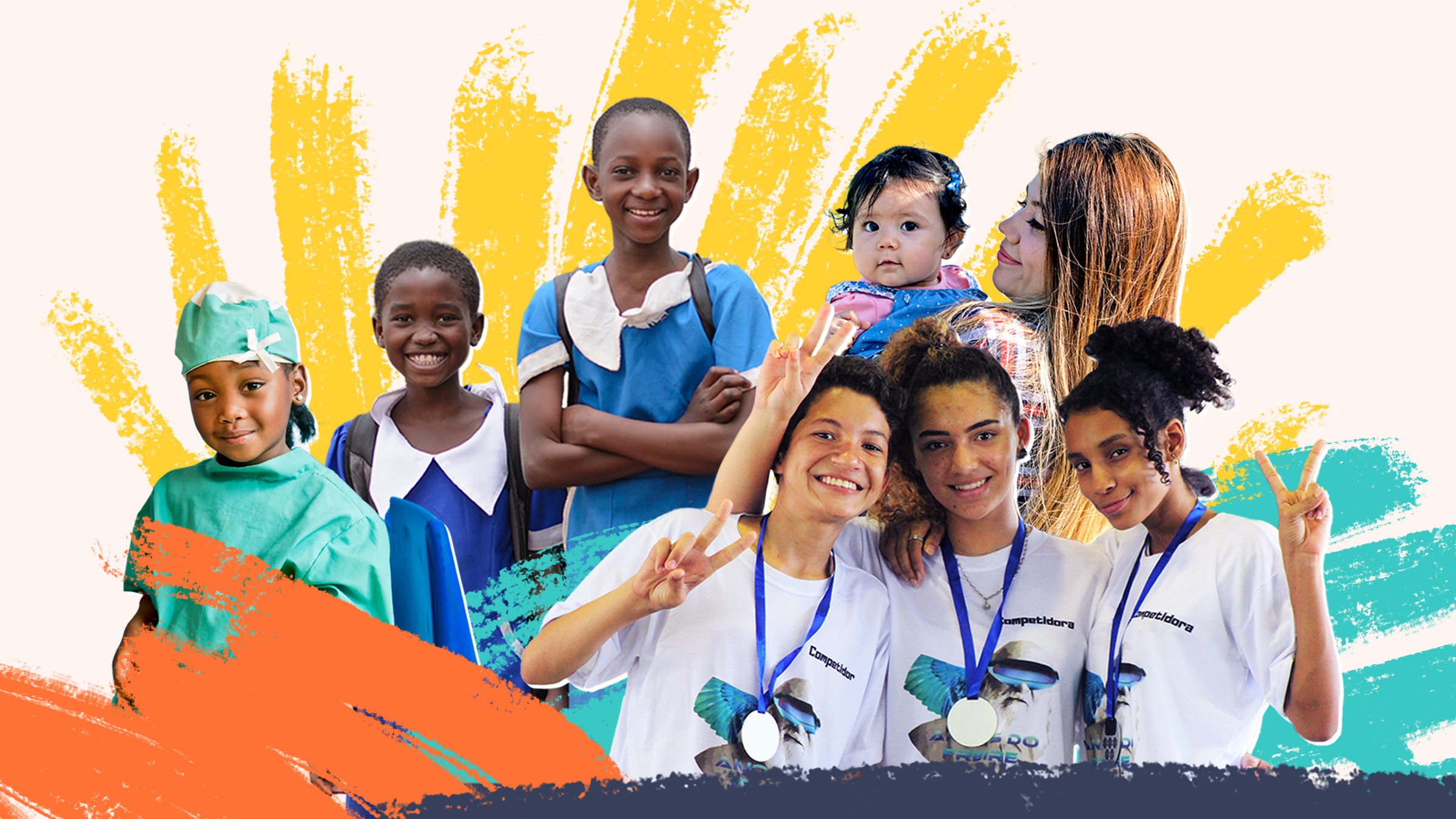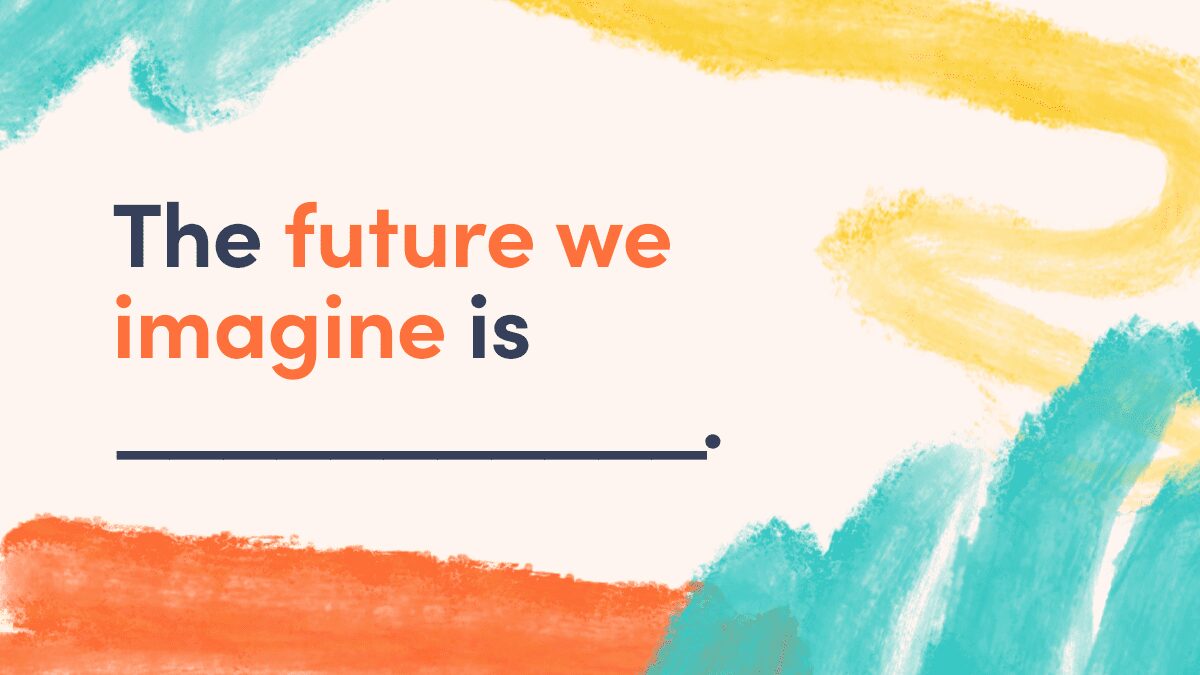Global 
Two Years In: How We Are Building Towards #TheFutureWeImagine

Global 

With two years behind us as Imaginable Futures, we remain steadfast to the vision we imagined when we first launched our organization—a future where every person has the opportunity to thrive and build a brighter future for themselves and their community.
And, as we live through a global pandemic that has only widened inequities among learners and families, we know the determination, innovation and collaboration required to achieve that vision is evermore critical. We must actively work to change ourselves, our organization and our sector to realize this future. This vision guides our evolution as we work alongside our partners in Sub-Saharan Africa, Brazil and the United States—together striving to make continual progress towards more equitable and healthy systems where all learners, families and communities can thrive.
As we look to the future, we are sharing the actions that we are taking at Imaginable Futures to realize our vision:
We imagine a future where the power dynamics between philanthropy and its partners are more balanced and equitable. Collectively, we need to prioritize shifting power and building trust to make philanthropy more effective and just. Sustainable impact requires adjusting and disrupting inequitable systems and structures that those of us in the philanthropic sector have traditionally used to drive change. Key to this disruption is for philanthropies to trust in the wisdom and insights of the communities they serve, and to engage in true collaboration with partners, communities and families to define the future and design holistic learning solutions. It also means taking the time to build trust. We are excited to invest in innovative models and organizations anchored in the belief that communities affected by a decision must be involved upfront and throughout, like the Firelight Foundation. Operating as a multi-donor public charity, the Firelight Foundation supports catalytic community-based organizations that are working to build smart, sustainable and potentially scalable solutions to the challenges faced by children and youth in eastern and southern Africa.
We imagine a future where the creation, dissemination and appreciation of knowledge places equity at its center. Centering equity for learners goes well beyond access and opportunity. Given the systemic obstacles to learning often inherent in our systems, we need to address the surrounding support that learners deserve. For this to happen, we strive to be courageous and humble in engaging in complex systems and curious in understanding the patterns, needs and possibilities. One area we are exploring across our geographies is how inequities shape and impact the field of research. The truth is that research is never fully objective. What often goes unacknowledged is the influence of unconscious biases in research, which can be built into research questions, can skew research results and interpretations, and impact the decisions and policies that may result from it. By supporting more researchers who share social, racial and cultural backgrounds with the children and families they study and bring a racial equity lens to research, we can help create a stronger foundation for more equitable outcomes and decision-making for all students. That is why we support Boston University’s Center on the Ecology of Early Development (CEED), a research center that centers the tenacious and resilient spirit of children and their families. CEED’s research serves to empower families and community members caring for children to advocate for the rights of their children.
We imagine a future where systems and communities prioritize cultivating a sense of belonging among learners. The science is clear: The brain needs to feel safe in order to learn. Creating racially and culturally affirming and holistic learning environments where learners feel seen, heard, validated and included is critical. This is why we are supporting organizations and networks that help build a sense of individual identity and collective belonging, develop diverse community leaders and strengthen community networks and school connection. For example, Instituto Brasileiro de Estudos e Apoio Comunitário (IBEAC) works in the district of Parelheiros in São Paulo Brazil and uses a deeply participatory approach to foster a shared vision for learning and uplift community members to run their own initiatives. The local community library is led by youth leaders who use literature as a powerful tool for social justice, community-based prenatal care and social entrepreneurship.
As we live through a global pandemic that has only widened inequities among learners and families, we know the determination, innovation and collaboration required to achieve that vision is evermore critical. We must actively work to change ourselves, our organization and our sector to realize this future.
Amy Klement, Imaginable Futures
We are excited for what we will continue to learn and apply in this next year and beyond, as well as the progress that we will continue to make alongside our partners. In celebration of that and the many ways in which our partners are working to bring to life transformative solutions for learners of all ages, we will be hosting a series of live fireside chats in the coming months, where we will explore different themes aimed at realizing #TheFutureWeImagine with partners and team members. Please stay tuned for details.

We would also like to invite you to join us in defining and celebrating the #TheFutureWeImagine. On Twitter, Facebook and/or LinkedIn, share with us by directly replying to our post and/or using the hashtag #TheFutureWeImagine.
We look forward to hearing from you about the future that you hope to see, the challenges that you are overcoming to reach it, and the progress and learnings that you’ve achieved.
Together, we can create a more equitable future for learners and their families.